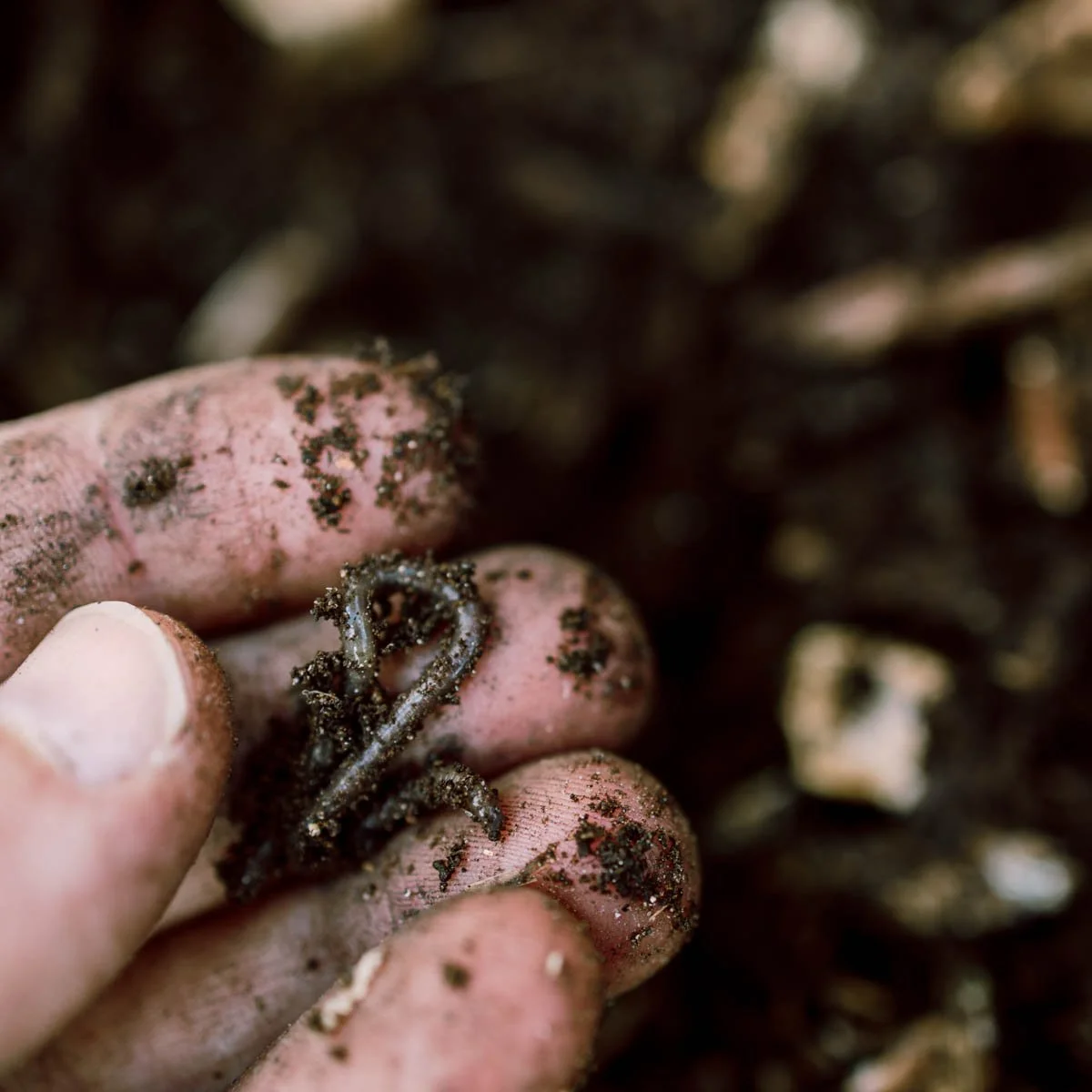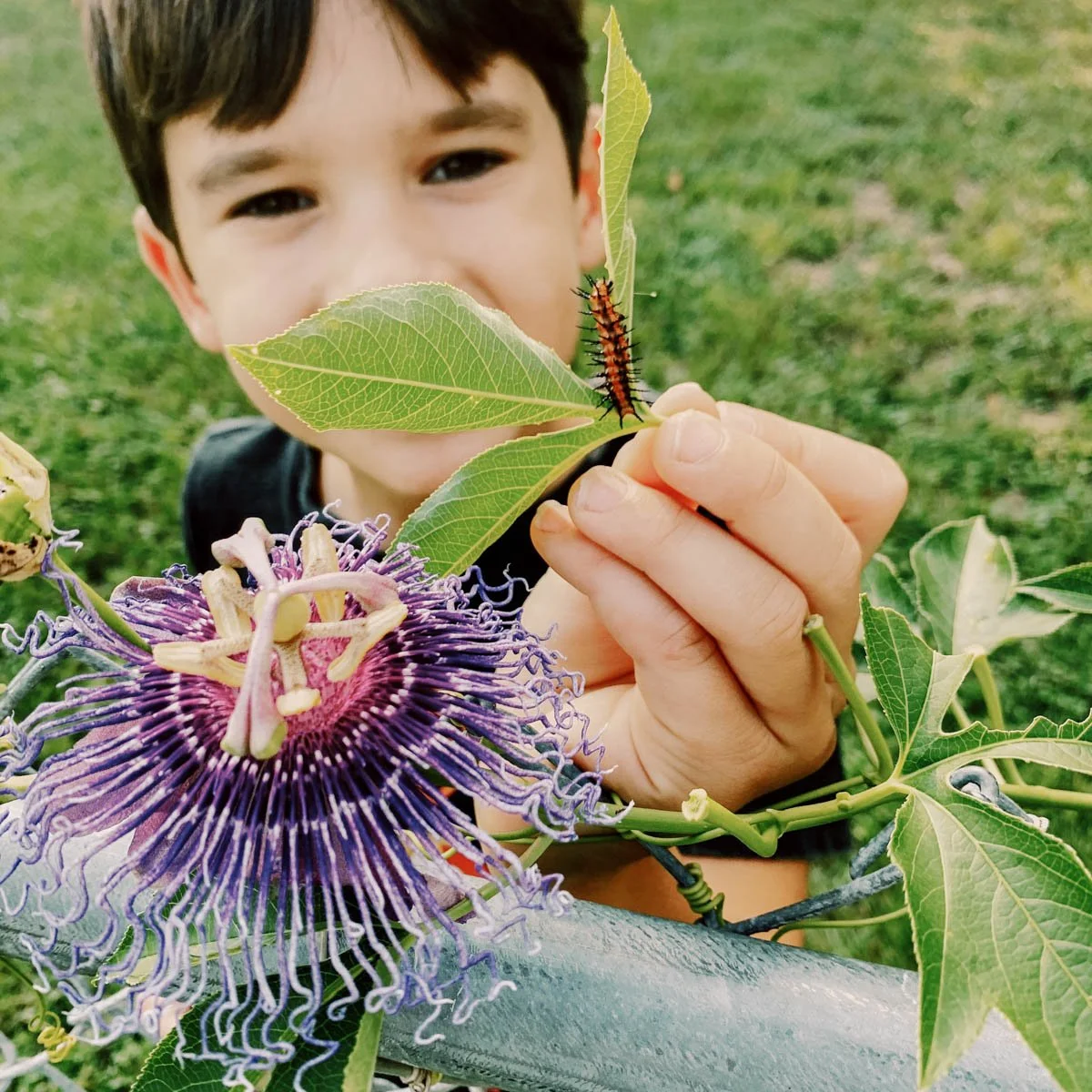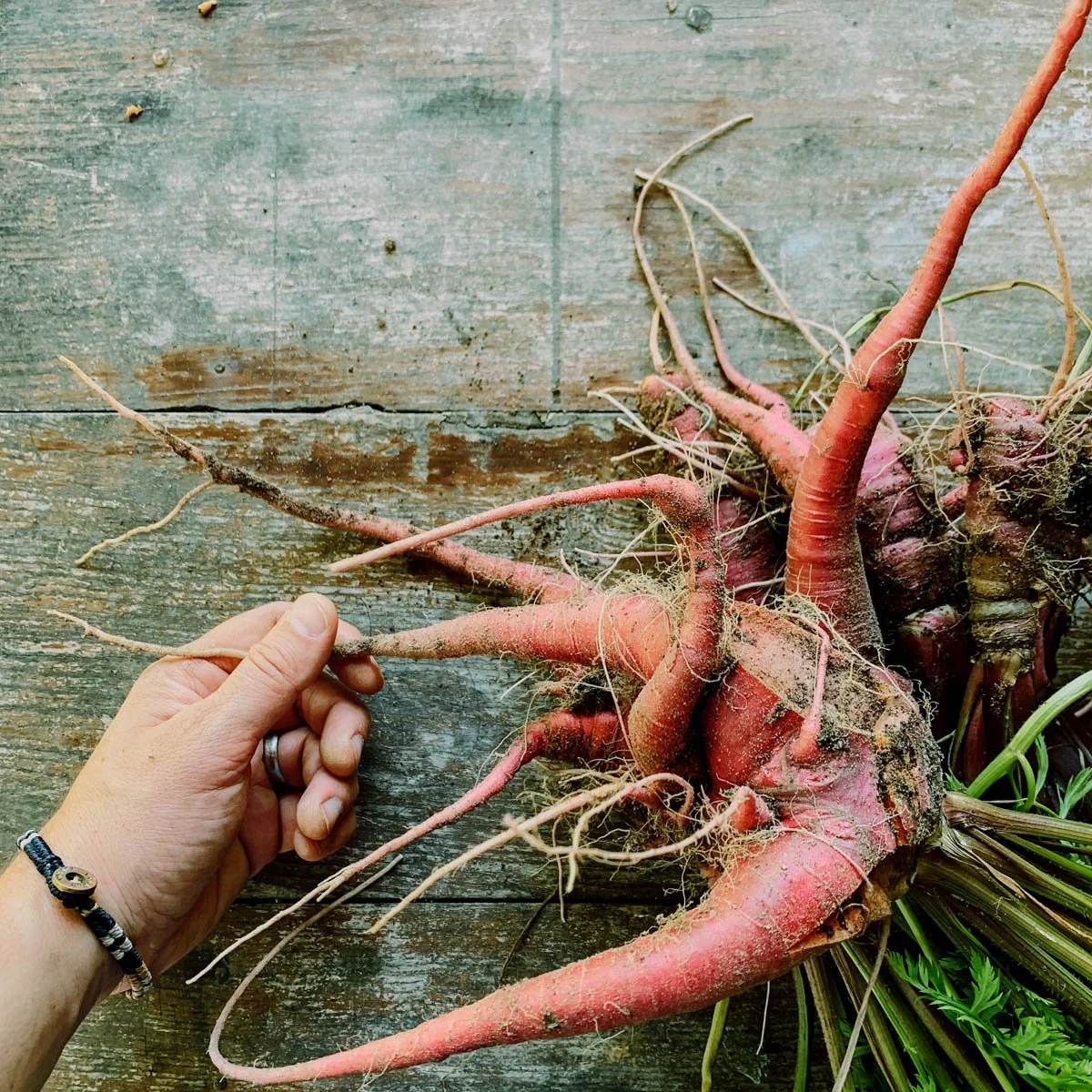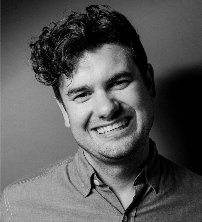Contemplating Dominion (Ryan Price)
Nestled in amongst the piney woods and winding bayous of southeast Texas is a handful of acres of land that has been held by my family for several generations. Grandparents, aunts, and uncles have all carved out little sections to raise their families on. This is my home place. The place and people that introduced me to the awe and wonder of nature at a very young age. The place that taught me that the forest could be big enough and dense enough to actually get lost in, and that the brackish coastal waters nearby supported a biodiverse wonderland that any child would love to explore.
This is also the place that formed my early understanding of God, the Bible, and the ways that we believed God viewed and interacted with the created world.
I was brought up in an evangelical Southern Baptist tradition that very much permeated the part of the world I lived in. Whether you went to church or not, most people had fragments of this worldview and religion swimming through their veins, mingling with various other hereditary traits passed down as a way of life. Reflecting back on the nuances of that tradition and tracing the paths that led me to the spot I currently occupy as 37-year-old man who cares deeply about the natural world and understanding my place in it, I find that my interpretation of dominionism actually played an important part in forming who I am.
A very clear picture was painted for me early on that the main way we humans interacted with the Divine was through the transactional salvation of our souls. God’s chief and only concern was the movement of people between one camp to another, from an eternal torment to an eternal life. All other parts of our life were secondary to this central focus, and all served to accomplish the main goal.
It’s not that understanding and appreciating the natural world was something we didn’t care about. It’s that the purpose of this understanding was ultimately to help us see that God is bigger than we could imagine, that our sins separate us from such a big and wonderful God, and that our hearts would be stirred to turn to God for eternal salvation. In this system, creation was captured and fashioned carefully into a tool that could be utilized to accomplish the goal of pointing a person toward eternal life found in Christ.
In subtle and not so subtle ways, we place ourselves at the very top of the chain of being. The natural word all around us is no longer a place that we fit in to, but a gift that we have been given to do whatever we want with.
As the lyrics to a popular song in the 90s drove home, “God loves people more than anything.” It’s very easy to develop an understanding of God as someone that shares our myopic view of creation. We start to believe that, just like us, God is unaware of and unconcerned with anything in the created world aside of humankind.
Interestingly enough, my love of the natural world, that was planted inside me as a very young child, ended up being a vehicle that transported me to a different kind of spirituality. As I began to more deeply understand the interconnectedness of all creation, I found God in places like soil and salamanders and sunshine. Inspired by a more Franciscan spirituality, I realized that Christ’s regenerating and renewing energy is far more powerful than I could imagine, and that it could never be contained or reserved for only a single species within all of this complex creation. I started to see Christ alive all around me, renewing every inch of soil and all created things, including me.
This shift has been a powerful one in my life. I now find myself able to have encounters with the Divine in places I would have never dreamed before. God is no longer siloed off in the songs and sermons and religious books where I was trained to find Him. She is now whispering in the cold mountain streams tumbling over rocks, popping up with the seedling that breaks through the soil, and teaching me deep truths when I stumble across a turtle hunkered down within his carapace.
My encounters with God in the created world awaken me to the unbelievable creativity that we all possess. If creation itself is a reflection of the image of the Divine, then I see a God who is wildly diverse and who has placed an infinitely creative spark within all of us.
It has also encouraged me to no longer see creation as something that I am in charge of in order to subdue and commoditize for my own enjoyment or prosperity. I see myself as just a small part of a vast ecosystem around me that has been humming along for millennia without my interference. My position should be to look humbly to creation to learn patterns of renewal and productivity that we humans struggle to recognize. I need to remind myself that God loves and is concerned for all creation, not just me.
It is very easy to look at our world and feel completely hopeless and overwhelmed by what we have done. We have run so far with the concept of dominate and subdue, that it feels nearly impossible to shift toward cultivate and renew.
However, I have discovered that God often meets me within the borders of my one-acre plot of suburban soil that I share with my family, a handful of chickens, and billions of insects and microbes I encounter in passing each day. I do not have the power to tackle the global problems of climate change and insect extinction singlehandedly, but I do have the power to choose how I interact with the spot of land that my neighbors view as mine.
I can be thoughtful about the ways that I share this planet with other creatures. I can choose to refrain from dousing every living insect on this tiny part of the planet with a pesticide because they inconvenience me. I can choose to re-wild parts of this plot of land in order to share our space with birds and butterflies and squirrels and skinks. I can choose to let fallen leaves remain on sections of the soil, because I know that if I can just get out of the way, nature has a wonderful way of renewing and healing itself. I can carefully cultivate sections of our yard for food production in a way that not only feeds my family, but simultaneously, naturally renews and regenerates the soil and provides a surplus of forage for animals that pass through. In these simple ways, we can choose to release our consumer-driven views of dominionism. We can instead adopt a calling of stewardship to cultivate and regenerate.
What if Jesus’ instruction to “love your neighbor as yourself” was actually more expansive and inclusive than just the humans that walk this planet with us? What would it look like to consider the animals and insects and microbes and the soil itself as our neighbor? What kinds of global problems could be solved if we would simply treat all creation with the kind of respect and dignity we hope others extend to us?
Perhaps, in the end we will discover a wildly creative God whose love extends to every creature, and we will learn to live as an integral part of creation, not as ruler of it.
“Contemplating Dominion”
photographs by Ryan Price:







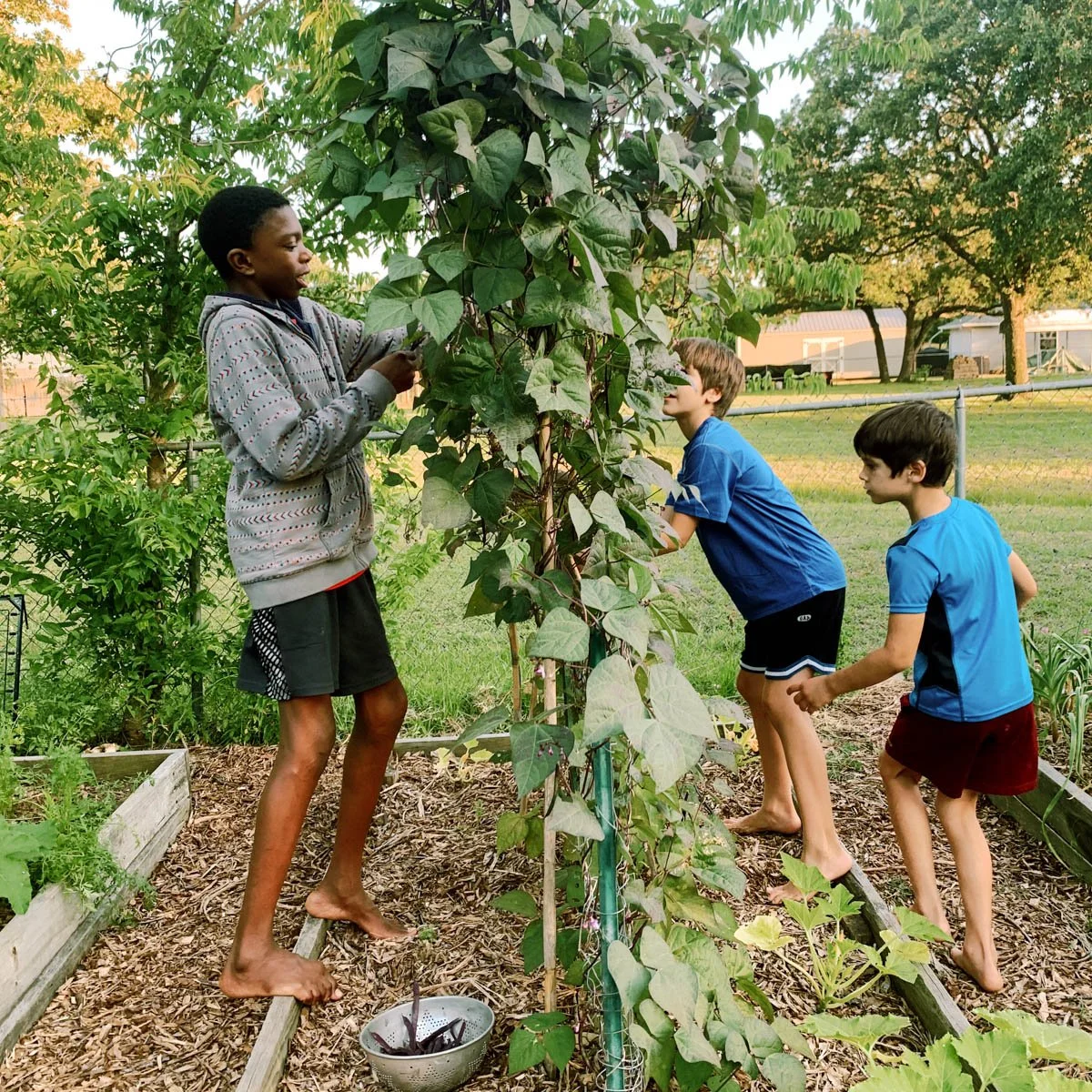










Ryan Price is a photographer, homesteader, contemplative, father to four children and husband living in College Station, Texas. His faith was birthed in the Southern Baptist Church and has twisted and turned and evolved to find a place of rest somewhere in the wilderness of God's mystery. Ryan is passionate about ecology and climate justice and hopes to point people of faith back to the earth as a way of intersecting with the Divine and our best chance at staving off ecological disaster. Visit Ryan’s commercial studio to contact him.
This piece is part of our Spring 2022 collection, Dominionism. See the official email release of Dominionism here. Ryan provided our cover image and photography has been essential to conveying the meaning unique to this collection. Thank you, Ryan!



